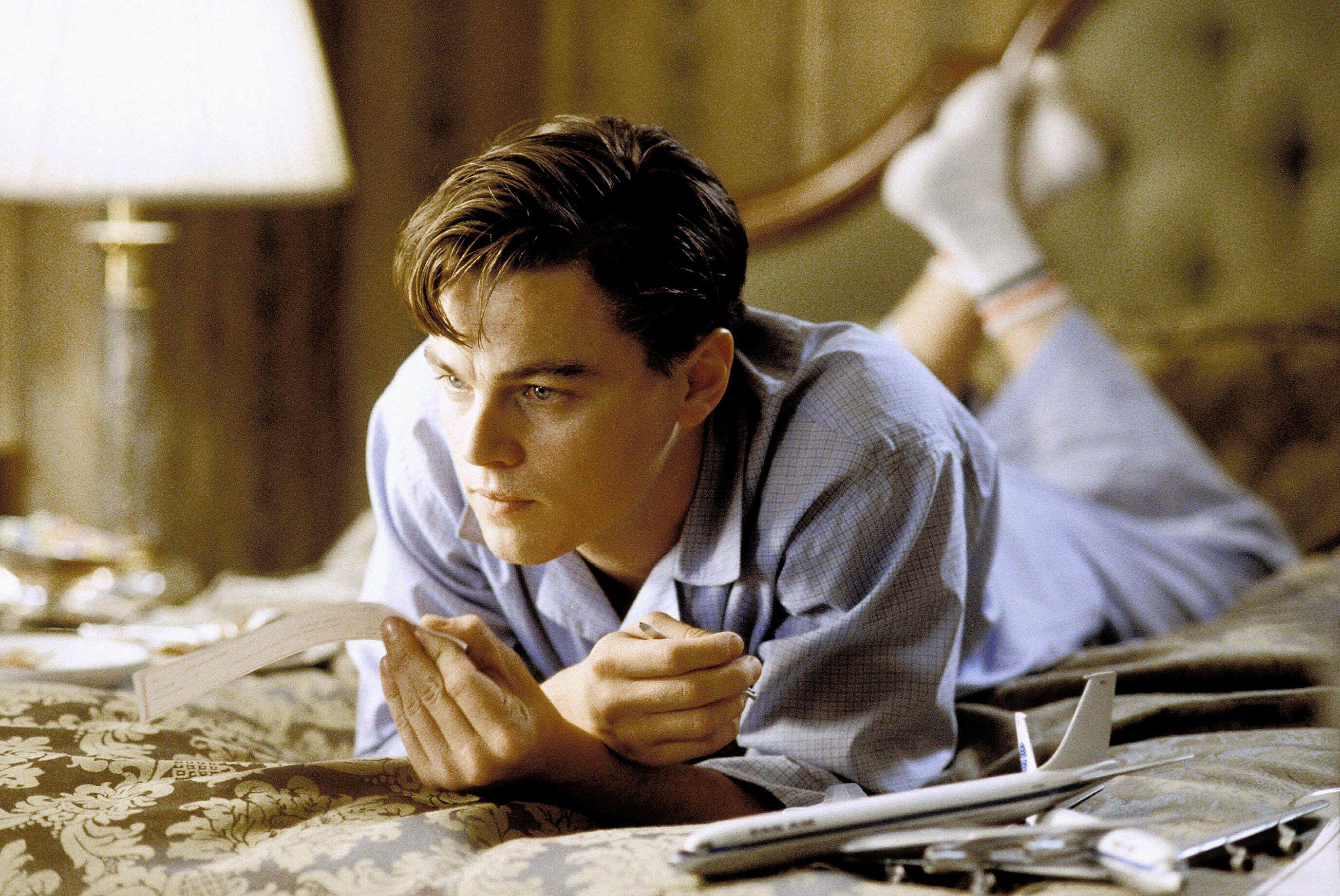Carla Carlisle on PD James
Ever since she interviewed PD James for the Washington Post in the 1970s Carla has been a fervent admirer


Although I'm a little hungry all the time, I don't really like eating for a good cause. Whenever I open a stiff printed card inviting me to a lunch in aid of arthritis, Alzheimer's, greyhound rescue, or guide dogs for the blind, a wave of guilt comes over me. I've spent years on committees that organise these events and I know how hard it is. I also know that any hope of becoming a Big Society (a clumsy and regrettable term, better a Good Society) depends on people giving time and effort. Which is a roundabout way to say that attending the lunch in Norfolk this week in aid of the Bulgarian Orphans Fund was a departure for me. I accepted because (a) the date was far into the hazy future and (b) it was called a ‘Literary Feast' organised by Elizabeth Jane Howard, with Melvyn Bragg talking with Ruth Rendell and P. D. James.
The lunch was a model for how these things should be. Everything, from the Champagne (John Avery) and wines (Corney and Barrow) to the salmon (Matt), the lamb (Vanessa) and the Suffolk ham (John and Jane Groom), was donated. The sauces on the marsh potato salad and the green salad were made by ‘E.J.H.' and every penny raised went to the cause, a rare achievement. And a welcome note: no tombola, no raffle, no auction.
Although the plight of orphans in Bulgaria is dire and the fund has transformed lives, I confess that I went to hear P. D. James. I'm a Jamesian through and through, reading Henry every few years and P. D.-also known as Baroness James of Holland Park-whenever a new book appears. It's an obsession that began back in 1979, when I was a lowly stringer in Paris for The Washington Post.
My editor suggested a profile of a writer who was developing a following in America. I didn't admit that I had never heard of him, but a friend at Faber & Faber told me ‘he' was ‘she' and arranged the interview. I quickly read two early books, Cover Her Face and Death of an Expert Witness, and arrived at her London flat the week she retired from her job as principal in the Criminal Department of the Home Office. In those pre-Google days, you depended on clippings from the publishers and newspaper archives in basements of libraries.
By the time I was sitting opposite her, I knew she was a widow, her Christian name was Phyllis, James was her maiden name, and her husband, a doctor, had returned from the Second World War deeply affected by his experiences in the Royal Army Medical Corps and had developed schizophrenia.
The very Englishness of her sitting room, and her easy graciousness, made me reluctant to ask about her husband's illness and early death, except as it explained suddenly finding herself supporting two young daughters and a sick husband. But, because of that interview, I've always felt I know her. I've also been a little in love with her detective Adam Dalgliesh, whose own grief in life-the death of his wife in childbirth- and his love of poetry reflect his creator. Although I'm not an expert judge of detective fiction, she is the crime writer I most want to read.
I like the psychological insight, the knowledge of the criminal system. Like the rest of the nation, I also loved hearing the interview with the BBC director general Mark Thompson on New Year's Eve when she was guest editor of Today. She set the airwaves on fire with her eloquence, killer instinct and common sense, which triggered the move to reveal the inflated salaries of managers in the BBC, 37 of whom are paid more than the Prime Minister.
Exquisite houses, the beauty of Nature, and how to get the most from your life, straight to your inbox.
I suspect that her writer's heart sinks when she opens invitations-in August, she was 90-but she still makes the effort.
Although her pen has grown darker over the years, P. D. James admits she still finds consolation in crime fiction: ‘It offers resolution and creates moral order.' I think that's what we all want. Moral order. A Good Society where common sense rules
Country Life is unlike any other magazine: the only glossy weekly on the newsstand and the only magazine that has been guest-edited by HRH The King not once, but twice. It is a celebration of modern rural life and all its diverse joys and pleasures — that was first published in Queen Victoria's Diamond Jubilee year. Our eclectic mixture of witty and informative content — from the most up-to-date property news and commentary and a coveted glimpse inside some of the UK's best houses and gardens, to gardening, the arts and interior design, written by experts in their field — still cannot be found in print or online, anywhere else.
-
 Embrace off-grid living on this Scottish island for sale, but you'll have to share it with the local seal population
Embrace off-grid living on this Scottish island for sale, but you'll have to share it with the local seal populationA dot on the map of the west coast of Scotland has come up for sale.
-
 Are you a 'frag head'? Country Life Quiz of the Day, June 30, 2025
Are you a 'frag head'? Country Life Quiz of the Day, June 30, 2025Well, ARE you? And how well do you know Leonardo DiCaprio's 2002 work? It's time to find out.
